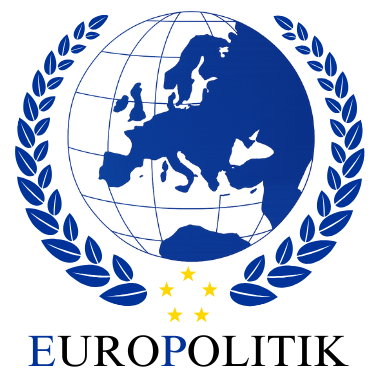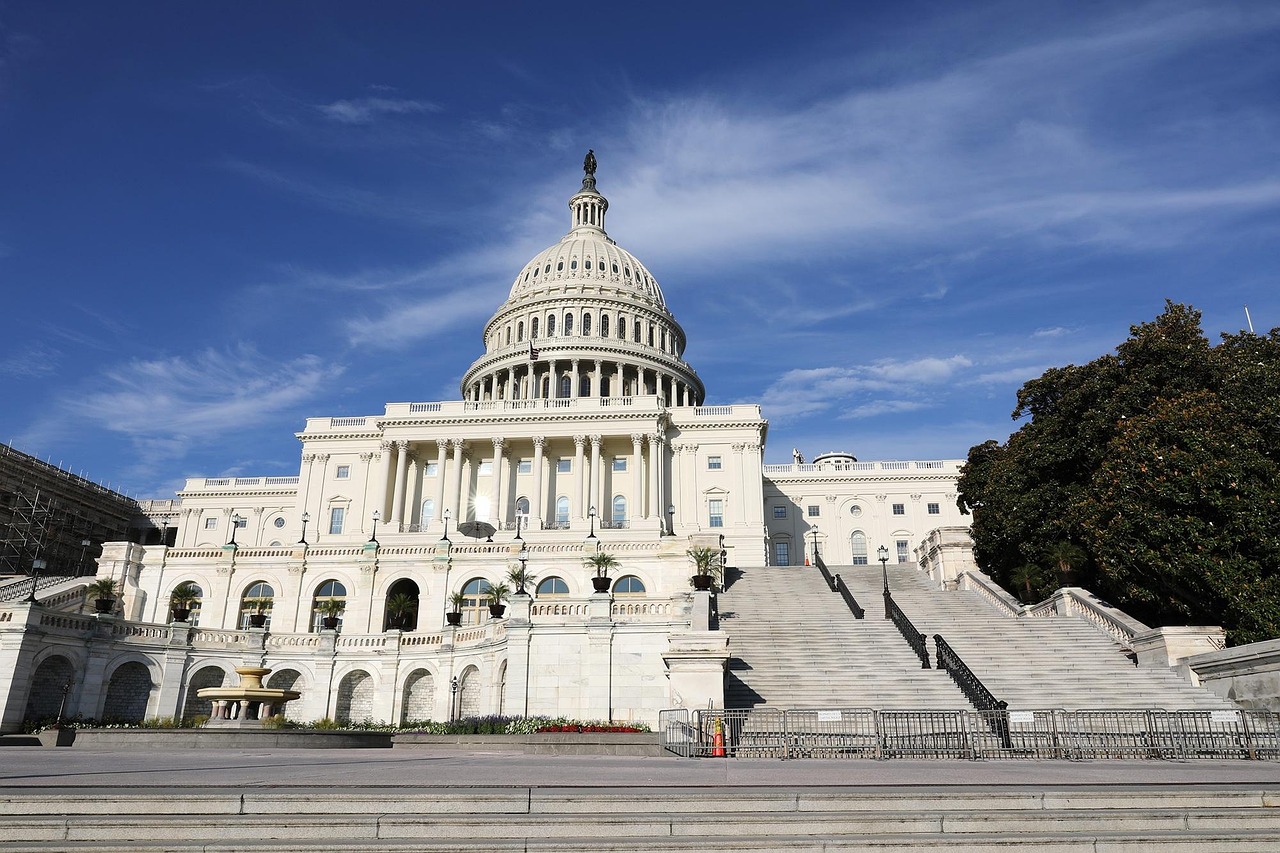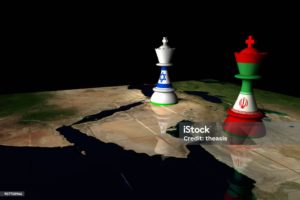Artificial intelligence is no longer a distant promise reserved for research labs or big tech companies. It is already embedded in our daily lives, our businesses, and our public institutions. It automates decisions, optimizes flows, selects information, and influences choices. Yet behind this apparent fluidity lies a profound upheaval: an economic and geopolitical mutation that directly affects our markets, our jobs, and our states. Like electricity or the internet in their time, sensitive AI is redefining the competitiveness of nations. And Europe, which has already fallen behind in previous industrial revolutions, cannot afford to lag once again.
Three sectors are particularly exposed. In the media, algorithms no longer simply recommend content: they produce it, rank it, and disseminate it. A technical flaw or a targeted manipulation can influence millions of readers, undermine trust in the press, and by extension destabilize entire economic sectors. In healthcare, the promises are immense: faster diagnostics, cost optimization, and better hospital management. But a poorly calibrated or hacked algorithm can lead not only to human tragedies but also to massive expenses, lawsuits, and lost productivity. In the military field, the race for AI is reshaping the logic of conflict. Autonomous drones and predictive targeting systems enable faster action than the opponent, but if the algorithm slips beyond human control, the consequences can be financial, strategic, and human.
This is why simple regulation is no longer enough. Regulation tends to set general principles, often after crises have already occurred. The real answer now lies in certification: demanding proof in advance that software meets precise standards, that it has been tested, audited, and can be corrected in case of failure. An airplane does not take off without authorization, a medicine is not administered without trials. Sensitive AI deserves at least the same level of scrutiny.
Europe has long-standing expertise in setting standards: it has managed to impose its requirements in sectors such as automotive, agri-food, or data protection. It can transform this tradition into a competitive and geopolitical asset by becoming the global benchmark for the certification of sensitive AI. This is precisely the ambition of the Geneva AI Governance Institute, recently launched in Switzerland, which aims to offer independent audits, clear frameworks, and credible labels to administrations, companies, and strategic actors.
If we fail to certify AI, we risk massive economic losses, destabilized markets, and growing dependence on foreign powers that do not share the same scruples. But if we succeed, Europe can turn digital trust into added value, a strategic advantage, and a driver of sustainable growth.














